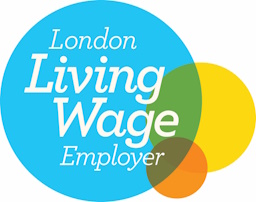As the UK inflation rate increased from 6.2% in February to 7% in March, the cost of living has continued to put businesses and households under huge financial pressure, especially as prices increase at a faster rate than wages.
The biggest impact on inflation rates has come from fuel prices, with the cost of petrol increasing by 12.6p per litre between February and March – a figure recorded by the Office for National Statistics as the largest monthly rise since 1990.
The British Chambers of Commerce commented on the latest ONS data stating that “The UK is in the midst of an unprecedented inflationary surge amid accelerating global price pressures, including from Russia’s invasion of Ukraine”.
Sara Williams, CEO of Staffordshire Chambers of Commerce, said: “Since the easing of lockdown restrictions earlier this year, businesses have faced and continue to face difficult challenges, ranging from higher utility bills and rising fuel prices to higher commodity prices. Russia’s invasion of Ukraine has also fueled the upward pressure on energy and commodity prices, causing great concern amongst businesses across the nation.
“Soaring inflation is also expected to impact consumer spending as more households will financially struggle as necessities are getting more expensive, especially as wages are increasing at a much slower rate than prices are. This is likely to have a damaging impact on the economic output of the country as well as damaging firms’ finances and their ability to grow and invest.”
Chambers across the network have urged the Government to provide urgent financial support to businesses that are most affected by the increase in inflation. By expanding the energy rebate scheme to include small firms and energy-intensive businesses as well as introducing an SME energy price cap to protect smaller firms, the Government can help to reduce the impact that the inflation rates and consequent rise cost of living and cost of doing business is having on UK firms.
In addition to inflation having a damaging impact on the UK’s economic output, increasing vacancies have highlighted the historic hiring crunch that firms are currently facing. Rising economic inactivity has confirmed that lots of workers have left the jobs market completely, leaving severe staff shortages further affecting the country’s economic output.
Businesses are under an overwhelming amount of pressure due to the deteriorating economic outlook and financial squeeze, this has meant that it is now more difficult for firms to increase wages and invest in their staff.
The Government must now put a plan in place to help people access rapid retaining opportunities for in-demand jobs as well as helping both young and older workers to turn to more sustainable jobs in order to help solve the current staff shortages issue.














You must be logged in to post a comment.